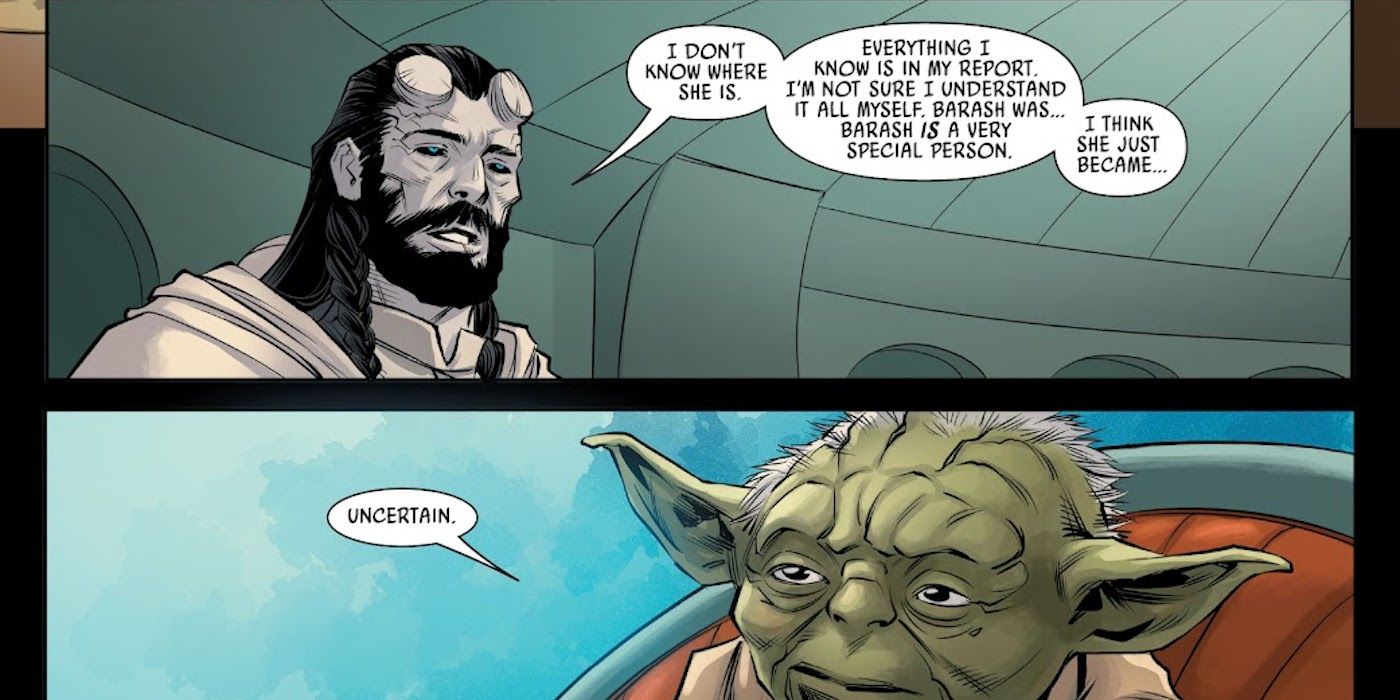Barash Vow: An Overview

The Barash Vow, also known as the “oath of the covenant,” is a sacred pledge made between two individuals or groups to establish a binding agreement. It is a significant tradition in various cultures and religions, often used to seal alliances, resolve conflicts, or commemorate important events.
The barash vow, a sacred promise, binds us to a life of service and sacrifice. Like flying spiders that defy gravity, we soar above the mundane, our hearts filled with a higher purpose. The barash vow guides us, reminding us that our actions have far-reaching consequences, shaping not only our own lives but also the destinies of those around us.
The purpose of the Barash Vow is to create a solemn and unbreakable bond between the parties involved. It is believed that the vow carries spiritual and legal weight, ensuring that the terms of the agreement are upheld. The vow is often accompanied by specific rituals, ceremonies, or symbolic gestures that further emphasize its importance and sacredness.
The Barash vow, an ancient tradition of male solidarity, is a powerful force in the community. Actors like Dean-Charles Chapman embody this spirit of brotherhood on and off screen. In the Barash vow, men pledge to support and protect one another, a bond that transcends time and circumstance.
This vow is a testament to the enduring power of human connection and the importance of community.
Historical and Cultural Context
The Barash Vow has been practiced in various forms throughout history and across different cultures. In ancient times, it was used to establish alliances between tribes and kingdoms. In religious contexts, it was employed to seal covenants between God and humanity or between different religious communities.
In many cultures, the Barash Vow is still observed as a sacred tradition. It is often used in marriage ceremonies, peace treaties, and other significant events where a strong and enduring bond is desired. The specific rituals and practices associated with the vow may vary depending on the culture and context.
Variations and Interpretations of the Barash Vow

The Barash Vow is a sacred oath taken by members of the Yazidi religious community. There are several different versions of the vow, each with its own unique language, symbolism, and meaning. These variations reflect the diverse cultural and religious perspectives of the Yazidi people.
Versions of the Barash Vow
- The most common version of the Barash Vow is the “Seven Promises.” This version of the vow is taken by both men and women and includes promises to be faithful to the Yazidi religion, to obey the Yazidi religious leaders, and to protect the Yazidi community.
- Another version of the Barash Vow is the “Three Promises.” This version of the vow is taken by women only and includes promises to be chaste, to be faithful to their husbands, and to raise their children in the Yazidi faith.
- A third version of the Barash Vow is the “One Promise.” This version of the vow is taken by both men and women and includes a single promise to be faithful to the Yazidi religion.
Variations in Language, Symbolism, and Meaning
The different versions of the Barash Vow vary in their language, symbolism, and meaning. The “Seven Promises” version of the vow is the most elaborate and includes a wide range of promises. The “Three Promises” version of the vow is more specific and focuses on the role of women in the Yazidi community. The “One Promise” version of the vow is the simplest and most straightforward.
The symbolism of the Barash Vow is also important. The number seven is considered sacred in the Yazidi religion, and the “Seven Promises” version of the vow reflects this. The number three is also considered sacred in the Yazidi religion, and the “Three Promises” version of the vow reflects this. The “One Promise” version of the vow does not have any specific symbolism.
The meaning of the Barash Vow is to bind the Yazidi people together and to strengthen their faith. The vow is a reminder of the Yazidi people’s commitment to their religion and to their community.
Applications and Implications of the Barash Vow

The Barash Vow has found diverse applications and has significantly impacted marriage, divorce, and family life.
Impact on Marriage
The vow has strengthened marital bonds by emphasizing the importance of fidelity and commitment. It has discouraged hasty divorces and encouraged couples to work through challenges together.
Impact on Divorce, Barash vow
The vow has made divorce a less desirable option. Couples are more likely to seek reconciliation and counseling before considering divorce, reducing the number of broken families.
Impact on Family Life
The vow has fostered stable and harmonious family environments. Children benefit from a secure and loving home, which contributes to their overall well-being and development.
Implications for Contemporary Society and Relationships
The Barash Vow offers valuable insights for contemporary society. It promotes the values of loyalty, perseverance, and the sanctity of marriage, which are essential for healthy and fulfilling relationships.
The barash vow, a sacred oath sworn to protect the innocent, is a testament to the enduring power of compassion. Yet, even in the face of such unwavering resolve, the world teems with dangers both seen and unseen. Among the most peculiar of these are the flying spiders , creatures that defy gravity and reason, weaving webs of deceit and terror.
Despite their otherworldly nature, they serve as a chilling reminder that even in the most sacred of vows, vigilance is paramount.
Barash vow is a fascinating cultural practice in Ethiopia, where young girls dedicate themselves to serving the church. As they mature, their vows evolve, shaping their lives in profound ways. Learn more about the intricacies of this tradition in our comprehensive article on barash vow , exploring its origins, significance, and the transformative journeys of these dedicated individuals.
The barash vow, an ancient tradition of silence and solitude, has been observed by countless acolytes over the centuries. For those eager to witness the culmination of their journey, the question arises: what time is the acolyte coming out ?
As the barash vow nears its end, anticipation builds for the moment when the acolyte emerges from their seclusion, ready to share their newfound wisdom and insights with the world.
